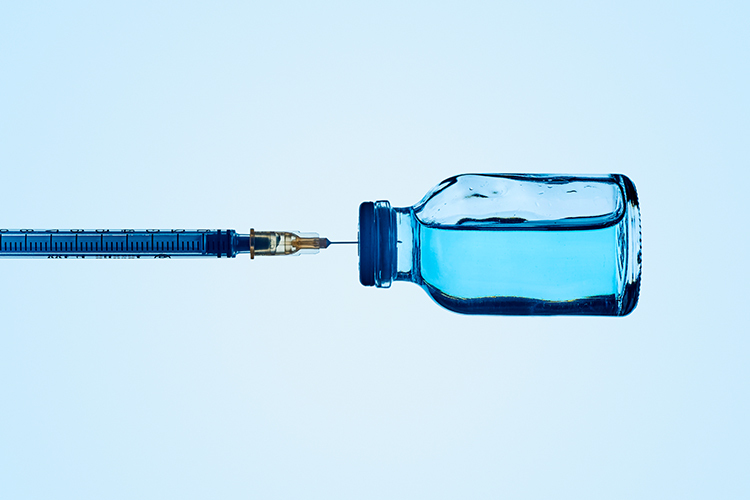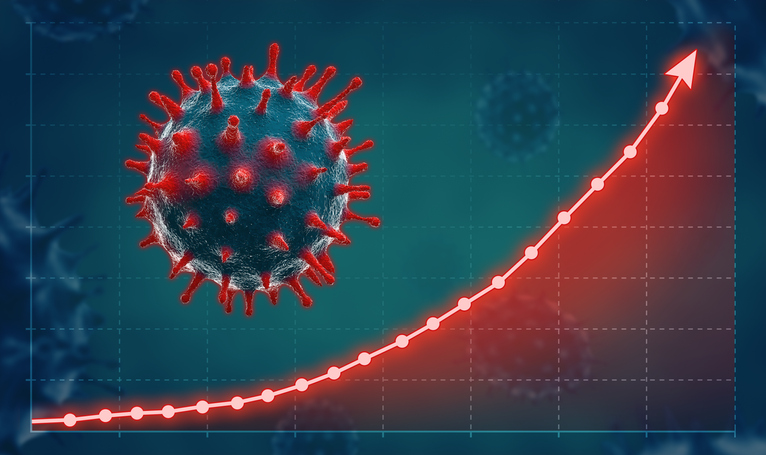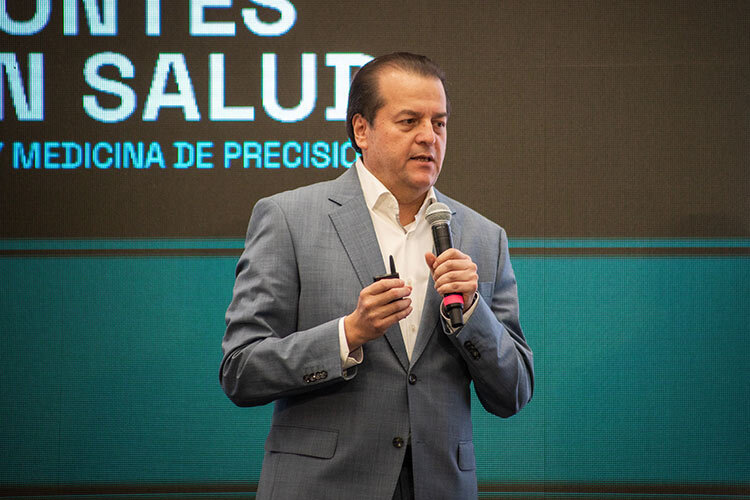Since the end of 2022, Mexico has faced the sixth wave of the COVID-19 pandemic. Most Mexicans were vaccinated several months ago and many wonder if it is necessary to get a fourth dose or second booster.
Fourth dose COVID vaccine
According to Gloria Mayela Aguirre García, an infectologist, professor, and member of the TecSalud Covid team, it is recommended that those who have not been vaccinated for more than six months seek to obtain it at their nearest clinic.
“The antibodies generated by the COVID-19 vaccines are not permanent or long-lasting,” says Aguirre in an interview with TecScience. “I do think we should all get a booster shot.”
It has been observed that after five or seven months of the vaccine application antibodies begin to fade, leaving people vulnerable to being infected by the Sars-CoV-2 virus.
Manuel Pérez Jiménez, pediatrician and Dean of the Northern Region of the School of Medicine and Health Sciences at Tecnológico de Monterrey, confirms that the fourth dose is necessary and stresses the importance of following the official recommendations of the World Health Organization (WHO).
“Since the pandemic, health information is available in different media, however, it is important to learn how to analyze and discriminate the places where the information is obtained,” says Pérez in an interview with TecScience.
According to Aguirre, the fourth dose is especially important for pregnant women, people with comorbidities, and the elderly, who are at greater risk of presenting severe COVID or complications from the disease.
How to get registered in Mexico City
In Mexico City, the Ministry of Health announced on December 20, 2022, that the fourth dose is already being applied to people over 18 years in healthcare centers distributed throughout the city.
To get the booster, it is necessary to get registered on the Mivacuna website. You only need your Unique Population Registry Code (Mexican CURP) and proof of vaccination that shows that more than four months have passed since you got your last dose.
The vaccine that is being applied in the city is Abdala, which was developed in Cuba and has proven to be safe and has an efficacy of 92% against the disease in clinical trials.
However, Pérez Jiménez warns that the WHO has not yet approved this vaccine, so he recommends looking for alternatives endorsed by the organization, such as Pfizer/BioNTech, AstraZeneca/Oxford, and Moderna.
“There are nine vaccines approved by the WHO and I know that in some states they have others [besides Abdala],” says Pérez Jiménez, “[in the case of Mexico City] I would recommend waiting for the ones endorsed by WHO.”
The future of the pandemic and how we can protect ourselves
According to Aguirre García, in addition to getting the fourth dose, we have to continue implementing the security measures that we already know: using face masks in enclosed spaces, washing our hands frequently, keeping enclosed spaces ventilated, spending more time outdoors and maintaining a good health in general.
“Safety measures haven’t changed, they’re still exactly the same,” says Aguirre.
Also, she emphasizes that the efficiency of bivalent vaccines, which protect against the virus’s original strain and the Omicron variant, which is currently the predominant strain worldwide, are still being studied.
These types of vaccines were approved in the United States by the Food and Drug Administration (FDA), and they help protect people against severe illness, hospitalization, or death from COVID. At the moment, these vaccines have not reached Mexico and it is not yet known if they will.
In the future, Aguirre García predicts that COVID-19 will become a seasonal endemic virus, with waves during summer and winter. Whether a booster will be administered every six months or yearly, as it is done with AH1N1 influenza in Mexico, still needs to be defined.
“Ideally, vaccines would have a much longer effect,” she says. While the best scheme for vaccination in the future is being defined, “we need to get the reinforcement of the vaccine that is available to us,” concludes.


















